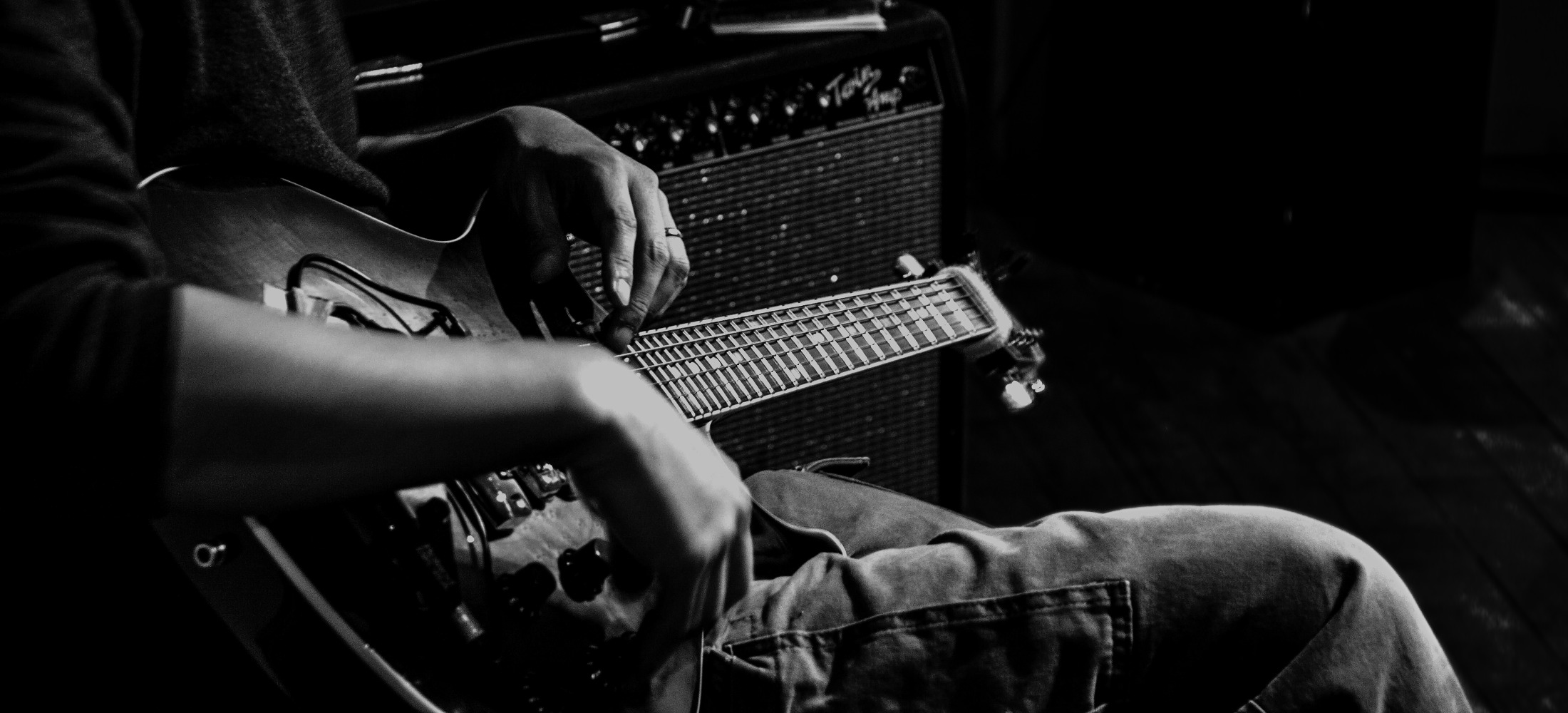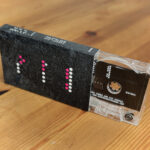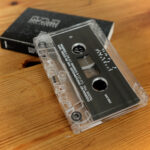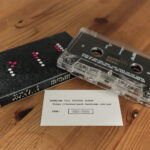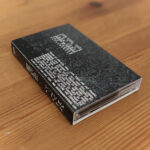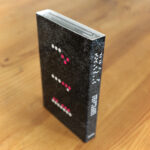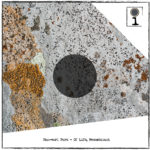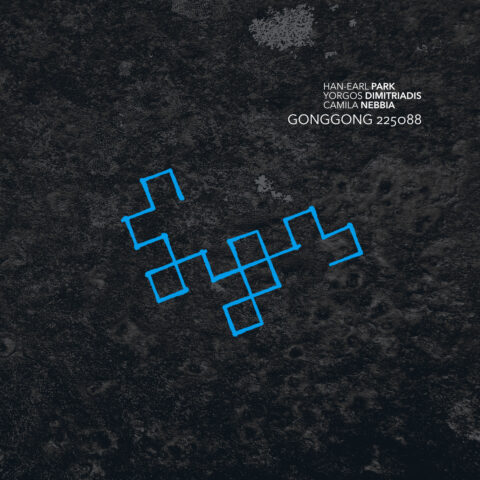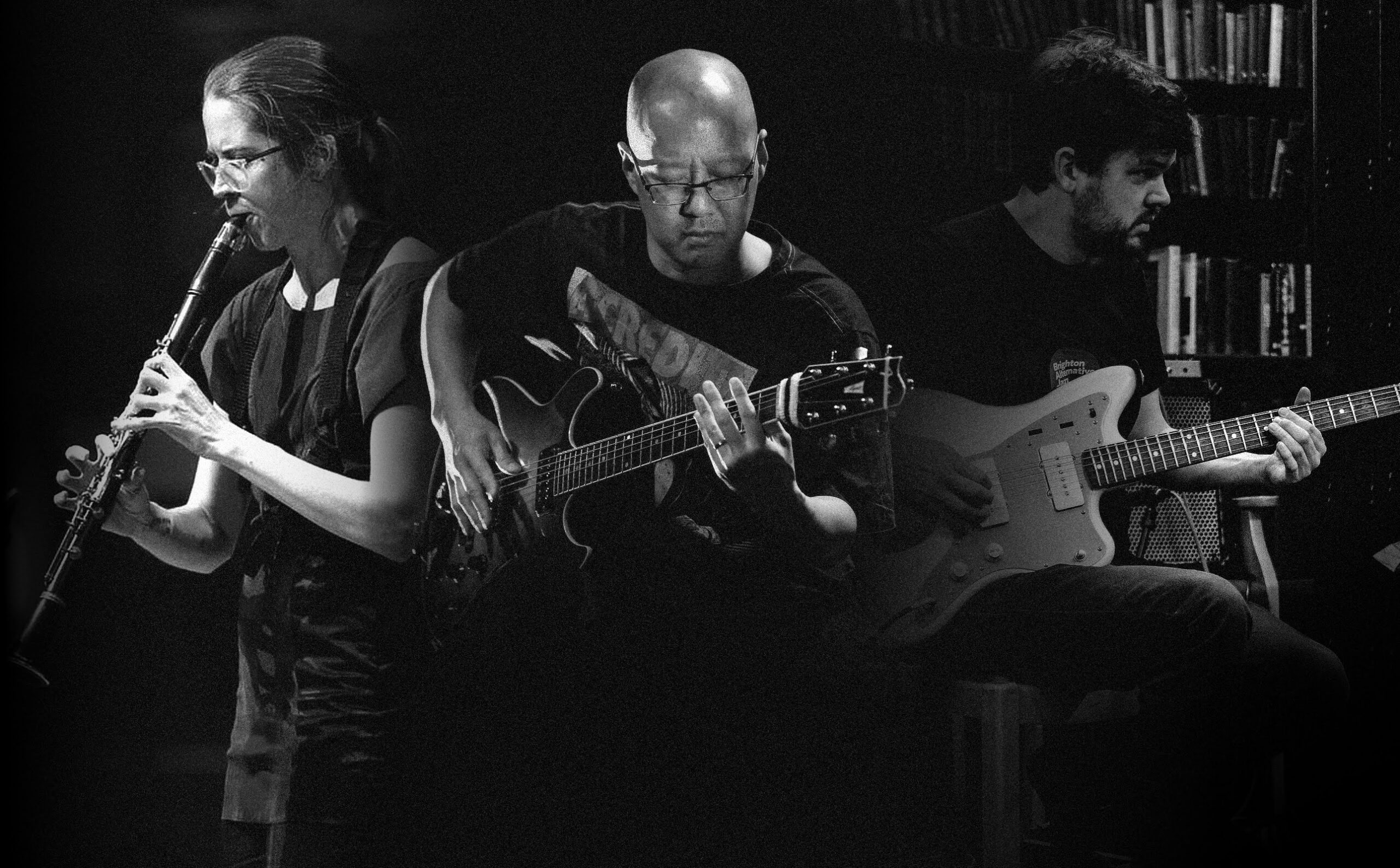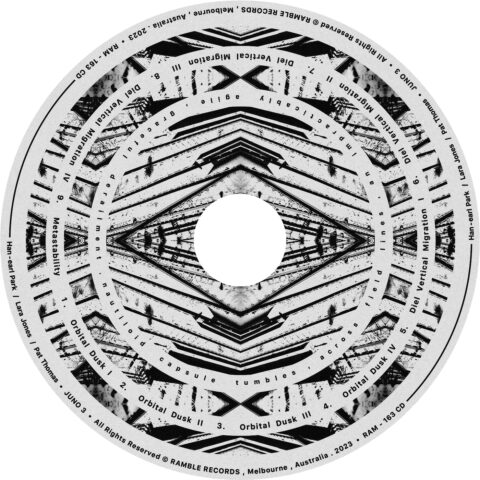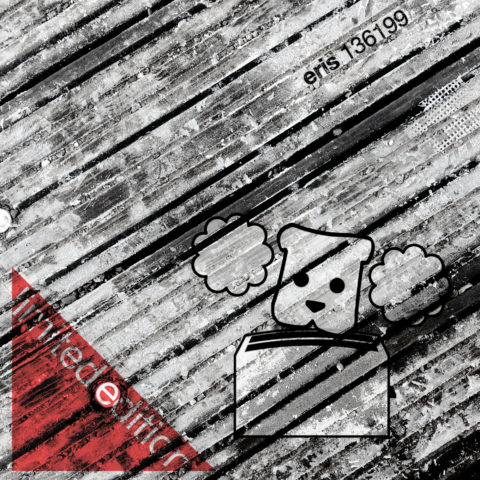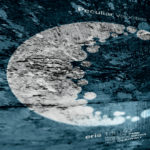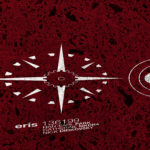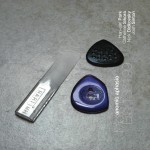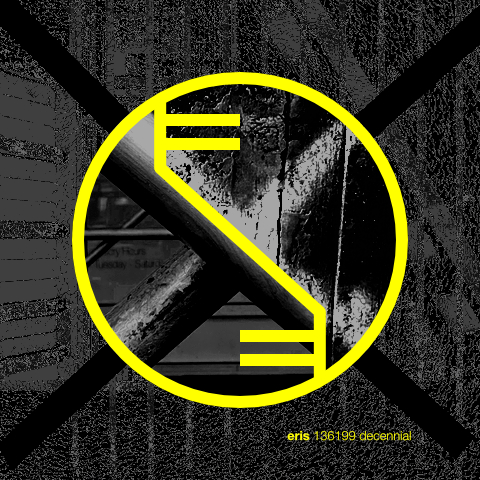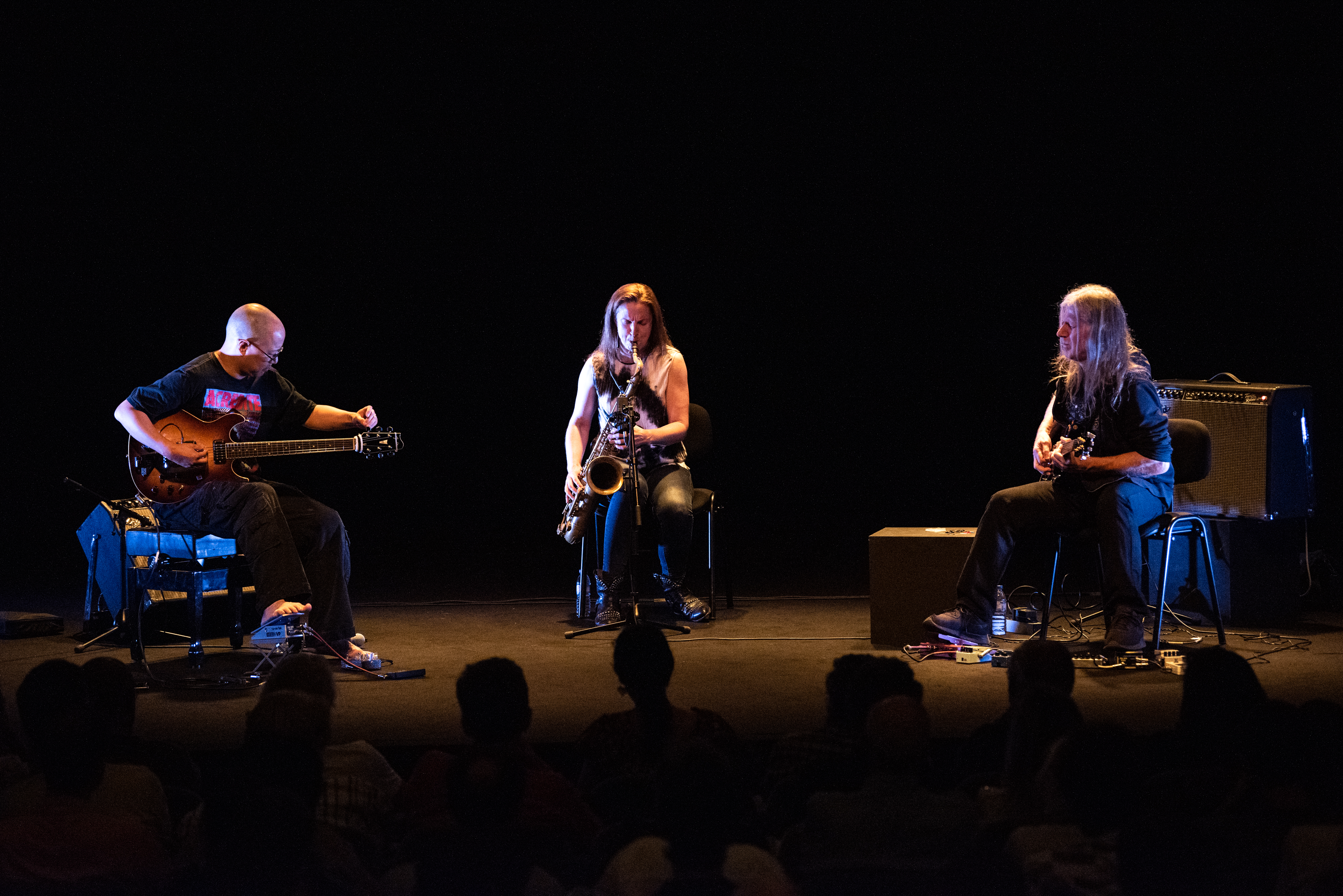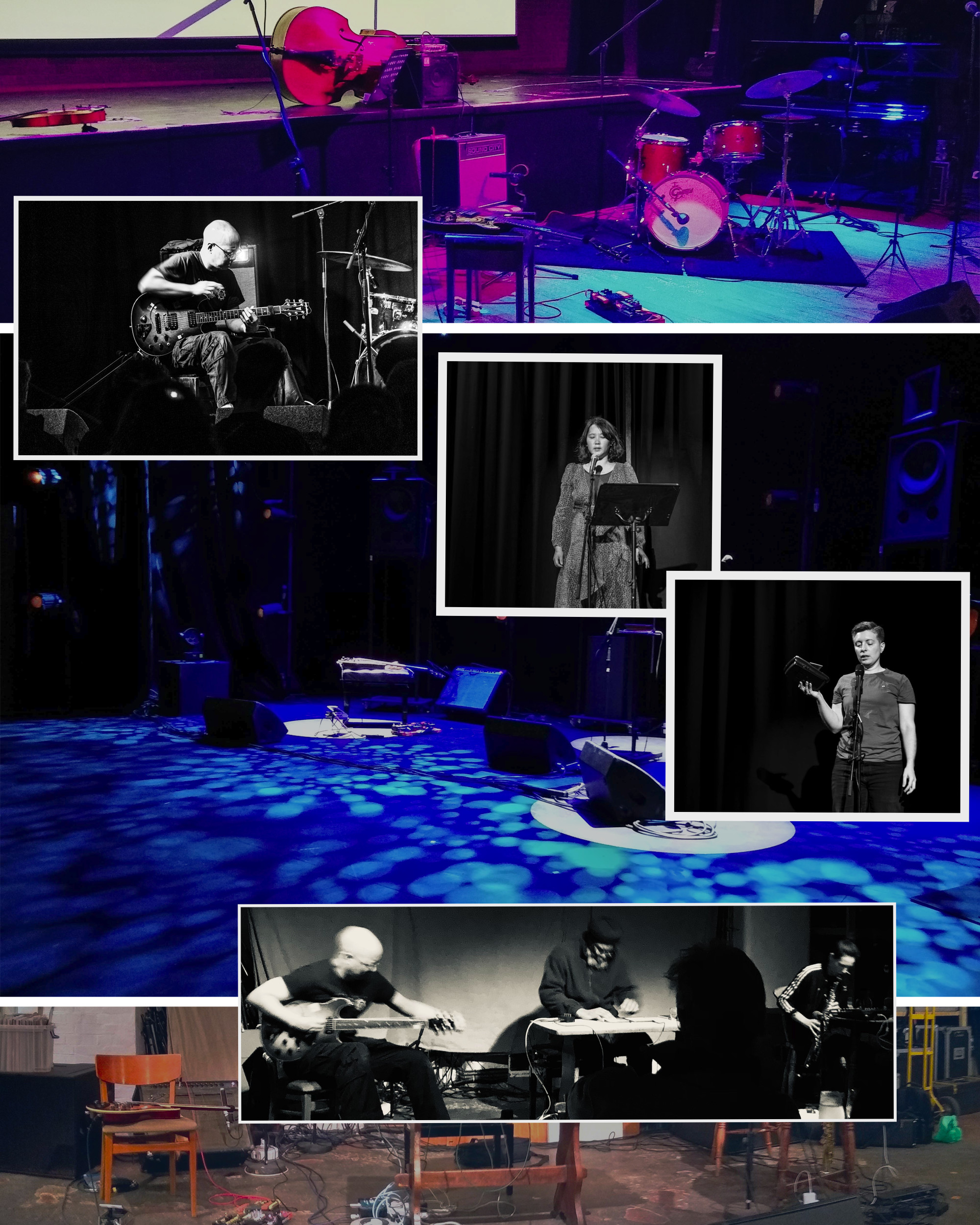
Proxemics (BAF003), Juno 3’s latest album is out now! with the digital download available as of January 15, 2025, and the companion cassette tape* shipping as of March 21. Masterminded by Berlin-based Korean-American improviser and guitarist Han-earl Park, Juno 3 is his trio with London-based experimental producer, saxophonist, and sound artist Lara Jones, and boundless experimentalist and pioneer of electroacoustics in free improvisation, Pat Thomas. Recorded at Cafe OTO, Proxemics (BAF003) captures the trio’s performance as part of the EFG London Jazz Festival’s outer left field.
I love, love, love this recording, and the camaraderie of the artists (and helpers and supporters behind-the-scenes) involved in its making. If the trio’s first performance in the spring of 2022, caught between lockdowns and post-pandemic ‘normality,’ was about that strange sense of cautious relief and optimism, then this later performance was something altogether more strident, brash, at times harsh and ugly, confrontational and combative. What I hear is Lara punching you unremittingly in the mid-rage gut; Pat throwing down beats of glitchy robotic wasps, and of impossible danceability; and my struggles with an unfamiliar guitar (a silver rocker) that wants to make it all a little too easy.
During the mix, I came to realize this unapologetically unrefined music was probably unreleasable, but I also came to love it more for being delicate as a slab of granite. Listen to it, and think of us. Enjoy.
[Get the download/cassette (Bandcamp)…]
Download: €8.
Cassette tape* plus download: €12 plus shipping.
Description
So confounding and strange that simply listening to it makes you feel alive.
— Antonio Poscic (The Quietus)
These spiky yet nuanced confrontations have their own profound logic, relying on messy, punchy, and unsettling conversational interplay that avoid comforting veins and familiar dynamics and transform it into compelling interplay that offers a subversive, resistant kind of empathy and compassion.
— Eyal Hareuveni (salt peanuts*)
☆☆☆☆½
— António Branco (jazz.pt)
Masterminded by Berlin-based Korean-American improviser and guitarist Han-earl Park, Juno 3 is his trio with London-based experimental producer, saxophonist, and sound artist Lara Jones, and boundless experimentalist and pioneer of electroacoustics in free improvisation, Pat Thomas. Recorded at Cafe OTO, Proxemics (BAF003) captures the trio’s performance as part of the EFG London Jazz Festival’s outer left field. Proxemics is the follow-up to the eponymous Juno 3 (RAM-163CD, 2023) described as having “wonderful energy, constant motion, and roiling in noise. And immense amount of grit and power” (Corey Mwamba, Freeness, BBC Radio 3).
Elastic, doxastic collisions—
hold two thoughts, both true.
The music was recorded with efficiency (and with a boldly creative live-mix) by Kevin Shoemaker, and mixed and mastered for release by Han-earl Park. If the trio’s previous album was an expansive and joyous flow of intergalactic urban transit, then Proxemics is altogether something more prickly, difficult, and at peace with its confrontational nature.
Recommended reading: N. K. Jemisin. The City We Became (Orbit, 2020).
Personnel
Han-earl Park (guitar), Lara Jones (saxophone and electronics) and Pat Thomas (electronics).
Track listing
Derealization I (4:07), Derealization II (4:57), Derealization III (3:52), Derealization IV (6:19), Derealization V (5:55), Derealization VI (3:47), Proxemics I (5:05), Proxemics II (3:54), Proxemics III (6:10), Proxemics IV (7:15), Proxemics V (6:10), Proxemics VI: Rumble (5:13). Total duration: 62:44.
Cassette tape: Proxemics A (18:11), Proxemics B (17:27). Total duration: 35:37.*
Recording details
Music by Han-earl Park, Lara Jones and Pat Thomas.
Recorded live November 13, 2023, Cafe OTO, London.
Recorded/live mix by Kevin Shoemaker. Mixed and mastered by Han-earl Park.
Design and artwork by Han-earl Park.
Thanks to On Yee Lo, Fielding Hope and everyone at Cafe OTO, Wesley Stephenson of Jazz North East, Corey Mwamba of Out Front! and a very special thanks to Alex Ward for the loan of his guitar. The performance was presented as part of the EFG London Jazz Festival, and with funding from the Berlin Senate Department for Culture and Community.
© + ℗ 2025 Han-earl Park.

Note on the cassette tape
* The cassette tape release does not duplicate the digital album, but offers a complement to it. In contrast to the digital download album, the cassette album is the room mic recording of the second set only (corresponding to ‘Proxemics I–VI’). The cassette presents a vérité, ‘bootleg’-vibe documentation of the performance as heard by the audience on the night.
Also by Juno 3
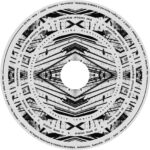
Personnel: Han-earl Park (guitar), Lara Jones (saxophone and electronics) and Pat Thomas (electronics).
Track listing: Orbital Dusk I (6:04), Orbital Dusk II (4:20), Orbital Dusk III (2:29), Orbital Dusk IV (6:03), Diel Vertical Migration I (6:31), Diel Vertical Migration II (4:38), Diel Vertical Migration III (4:33), Diel Vertical Migration IV (7:36), Metastability (7:24). Total duration: 49:36.
© and ℗ 2023 Ramble Records.
updates
03-21-25: cassette tape begins shipping.
01-15-25: released!
01-06-25: add video playlist.
02-06-25: added reviews.
02-15-25: cassette delivery delayed. If you’ve already ordered the tape, you should have got an email from me about the delay. If not, please drop me a message.
